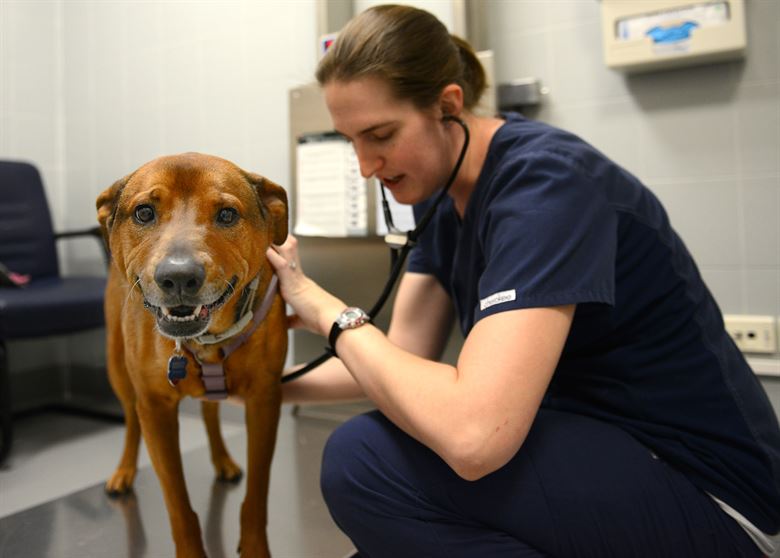If you want to be a veterinary assistant, you’re still going to need some training. Depending on the job you’re looking to get, you can either get this training while on the job, or you can get the training via your own efforts.
However, wherever you receive this necessary training, you’re going to want to ensure that it covers a few basic facets. This knowledge will help enable you to better understand animals, as well as the tasks that a veterinary assistant is likely to encounter during their work.
Without further ado, here are a few things you will want to learn in your Veterinary Training before you begin to seek work as an assistant.
An Understanding of Relations Between Humans and Animals

If you’re going to be working with animals, and especially if you’re going to be working with young animals, you’re going to need an understanding of how they interact and socialize. You will also want an understanding of how to get them to properly socialize with humans, other similar pets, and even other species common to the area.
An animal that has gone through proper socialization is not afraid of other animals, nor does it show unnecessary aggression toward them. An animal that didn’t get this proper socialization, especially as a puppy, is more likely to exhibit these unwanted behaviors. If you plan to work with animals for any amount of time, understanding how they socialize and how what you do impacts them is very important.
The Basics Of Animal Biology
Even if you’re only going to be a veterinary assistant, it behooves you to understand animal biology. Any good training for someone looking to work in a veterinary field will include understanding the basics of animal biology. You will learn common terminology, animal body design and function, and more. Specifically, you’ll learn about skeletal, muscular, and circulatory systems.
Understanding the basics of how animal bodies function will help you to better identify what may be wrong with animals. Animals cannot tell us what is wrong with them. It’s important to be able to understand their bodies and what is going on with them.
Animal Anatomy and In-Depth Physiology
This is simply a more in-depth study of the systems of organs and cells that help animals to live and function. As with understanding basic animal biology, it is important because animals can not tell you what part of them hurts or is not working, so you must be able to discern this answer from an understanding of the animal’s biology.
Training for Tasks Particular to Small, Large, and Exotic Animal Practices
Not all animals are created equal, and understanding the process of taking care of a house pet such as a dog is a much different set of skills than taking care of a lion. Being able to understand the difference in care, and in best practices concerning the process of providing them care, is important, not just for making you more employable. It is also important for making sure that you don’t end up on the news after being mauled by an exotic animal.
As a general rule, ‘small’ animals are those that are kept as pets, such as dogs, cats, lizards, and the like. ‘Large’ animals include most animals kept as cattle; pigs, horses, cows, goats, and similar animals, basically anything that you expect to find on a farm. Exotic animals, obviously, are anything that is not from the area, including snakes, ferrets, rabbits, and guinea pigs. Wild animals, usually thought of in association with exotic animals, includes animals like wolves, coyotes, dingos, and wild cats.
Though it may be difficult to find somewhere to learn these skills, it is important that you understand these concepts before, or shortly after, finding work in a veterinary field. If you’re looking to learn these skills, distance learning classes, such as those available at Stratford Career Institute, will be able to help you learn them at your own pace and very affordable prices.

Train to Be A Vet Assistant!

Sign up for a course through Stratford Career Institute today!

